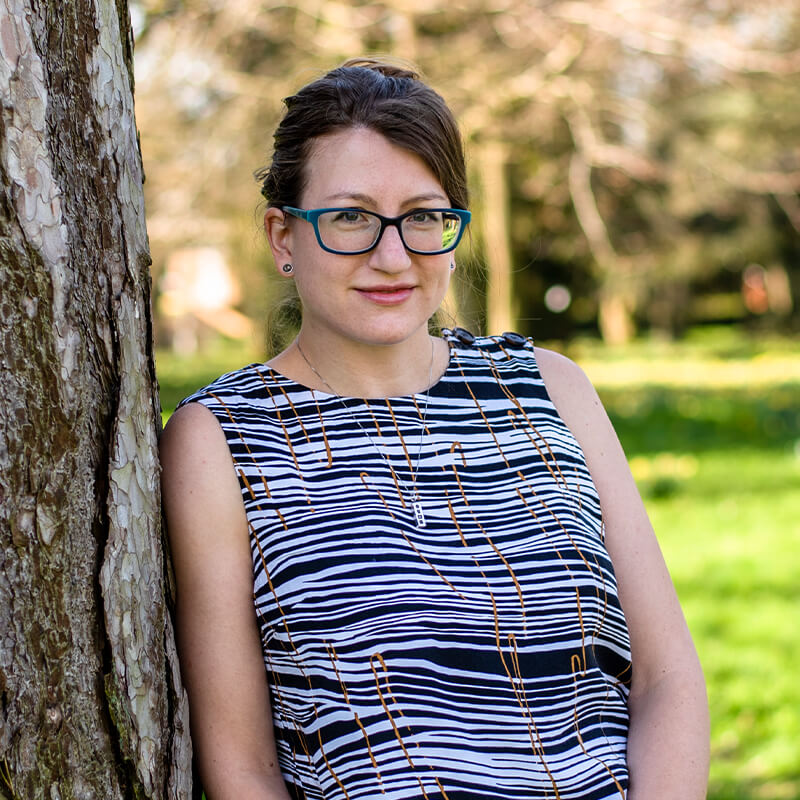VHH in bi-specifics
Bi-specific (bsAb) or multi-specific antibodies are designed to bind to two or more epitopes or antigens, opening the door to a whole new world of therapeutic potential.
What are bi-specific antibodies?
In bi-valent antibodies such as full IgGs or the first approved VHH drug, caplacizumab, the same place on the same target is bound by each arm. However, in a bi-specific antibody, the arms bind to two distinct places.
- Bi-specific antibodies bind two different targets. This can mean improved specificity to a particular cell type, enable ‘logic gating’, or bring two molecules together to trigger biological functions.
- Bi-paratopic antibodies can bind to two different places on the same target molecule to achieve tight binding with no crosslinking.
- Multi-specific antibodies bind 3 or more different targets. This can be particularly useful for adding a half-life extending function to an existing bi-specific, or adding specificity to the tumour targeting part of a bi-specific T cell engager.

Thanks to their flexibility and specificity, bi-specific antibodies (bsAbs) have many novel applications in diagnosing and treating a range of diseases – including antibody-drug conjugates and immune cell engagers. Importantly, Fc-free bsAbs based on small format VHH antibodies (sometimes known as nanobodies) offer better tissue biodistribution, higher potency, and fewer immune-related adverse effects than conventional IgG antibody therapeutics.
VHH: The key to better bi-specifics
VHH bi-specifics combine the high specificity of traditional antibodies with the simplicity and flexibility of highly modular small format single domain VHH antibodies.
The compact nature and small size of VHHs makes them the ideal building blocks for antibody engineering, and their favourable biophysical properties simplify development and manufacturing processes. Their simplicity offers more choice of potential expression hosts, also unlocking new routes to lower cost of goods, as well as being an ideal choice for in vivo expression in cell and gene therapies.

Thanks to their high flexibility, VHH bsAbs can also be combined with other biomolecules, such as conventional antibodies, to create novel antibody formats and functionality. Whether you are starting your bi-specific build from scratch or have an existing molecule you want to ‘supercharge’. VHHs can provide a quick and straightforward solution.
What’s more, Isogenica offers the most diverse synthetic VHH libraries on the market, at 1010– 1013. These fully synthetic libraries have low nanomolar affinities, can be mined immediately, and are designed to reduce the frequency of CMC liabilities, accelerating the entire drug discovery and development process.
Isogenica’s
VHH in bi-specifics
RESOURCES
The golden age of bi-specific antibodies is here
Bi-specific antibodies (BsAbs) – antibodies that can recognise two different epitopes on either the same or different antigens – have been around for a long time. However, in the past few years we’ve seen a renaissance in the design and application of these molecules.
Nature webinar: VHH as building blocks for immune and tumour cell-targeting
VHH are fast becoming accepted as alternatives to standard antibody-based biotherapeutics. The recent approval of caplacizumab, and the emergence of numerous other examples of VHH-based antibodies in clinical trials, are spurring enthusiasm for this format.
From monoclonals to bi-specifics: Harnessing the transformative power of VHHs to supercharge IgG therapeutics
Since their discovery over thirty years ago, monoclonal antibodies (mAbs) based on Immunoglobulin G (IgG) have transformed the diagnosis and treatment of many diseases.

Advantages of VHH in
bi-specifics
To learn more about the application of VHHs in bi-specifics, we have condensed our expertise into a downloadable Application Note, which includes:
- a review of the bi-specific mechanisms of action, key targets and our clinical development pipeline
- a summary of Isogenica’s multi-specific plug-and-play platform
- exemplar data using our synthetic VHH antibodies
Who should read this:
- Researchers in antibody discovery, engineering and development
- Thought leaders in antibody development or oncology
- Those curious to learn more about VHHs in oncology
How can we help you?
At isogenica, we have a track record of delivering clinical assets both through our own internal discovery programmes and through our collaborative partnerships with global pharmaceutical companies and world-leading research organisations.
For example, we have teamed up with Professor Martin Dyer’s lab at the University of Leicester, UK to develop bi-specific immunotherapies for blood cancers such as multiple myeloma and diffuse large B cell lymphoma.
Talk to our expert team to find out how VHHs can transform your biotherapeutic development.
Isogenica – University of Leicester
PhD student sponsorship
Through our collaboration with the University of Leicester and the sponsorship of a PhD student, we are able to demonstrate Isogenica’s VHH capabilities in multispecific formats.














